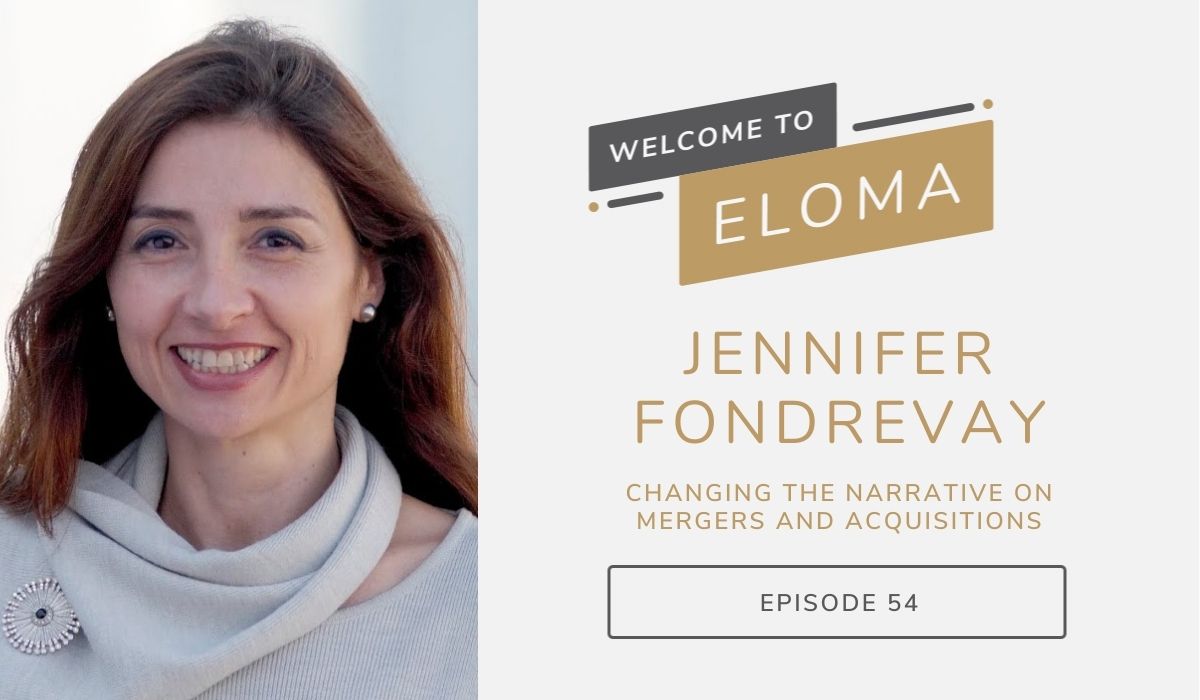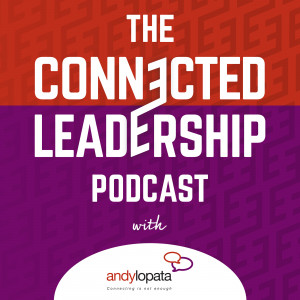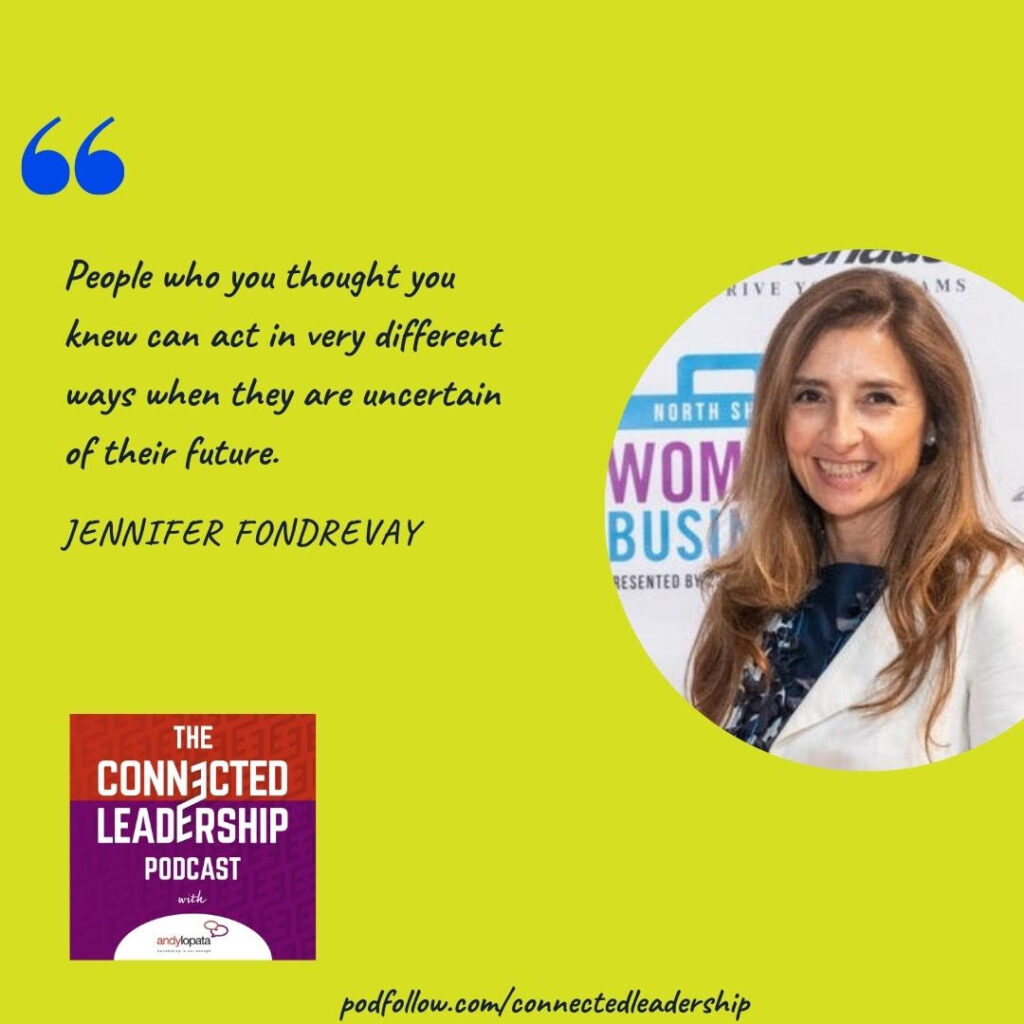On this episode of Destination on the Left, Jennifer talks with Nicole Mahoney about navigating uncertainty and embracing transformation. Jennifer shares best practices for entering into a partnership and explores the similarities between M&A and collaboration and how the principles and processes of both can be applied to achieve success in any transformational journey.
What You Will Learn in this Episode:
- What happens when you bring two cultures together after a merger, and how to avoid some of the typical challenges
- Why it’s critical to be intentional about your values when planning a partnership
- The importance of getting past your ego when making key decisions
- Why you have to ensure that customer experience is your North Star to maximize a collaboration’s success
- Jennifer shares her wisdom for leaders and teams looking to navigate the complexities of mergers and acquisitions
Helping Partnerships Thrive
Jennifer shares valuable insights for leaders and their teams considering a merger or acquisition, emphasizing the importance of respect for the other company. Drawing on the analogy of a successful marriage, Jennifer highlights that partnerships thrive on both sides bringing out the best in each other and recognizing the value each brings to the partnership.
She stresses the need for humility and respect when entering into a partnership and cautions against letting ego drive decision-making, which can lead to unsuccessful deals. Jennifer’s advice is a must-listen for anyone looking to enter into a successful partnership.
Finding Your North Star
On the podcast, we discuss the importance of being intentional and self-aware of your value when entering into a merger or acquisition. She emphasizes the need to keep the customer at the forefront of any decision-making process, using the example of a successful acquisition where a junior product manager reminded the team to focus on the customer’s needs rather than their own egos.
Jennifer highlights that keeping the customer as the North Star can help diminish the impact of ego in business and keep teams focused on the true reason for their work. She has some great golden nuggets of wisdom that provide valuable guidance for leaders and teams looking to navigate the complexities of mergers and acquisitions.
Unique Opportunities
Jennifer emphasizes the importance of the people piece in M&A; she says that there is no specific playbook for these types of deals, as each one has its unique opportunities and challenges. However, she encourages people to be intentional and contribute to the evolution of their organization.
Jennifer suggests bringing your particular skills to the partnership, embracing uncertainty, and looking for new opportunities. She also talks about the importance of collaboration, letting go of old ways, and contributing to the new vision.















